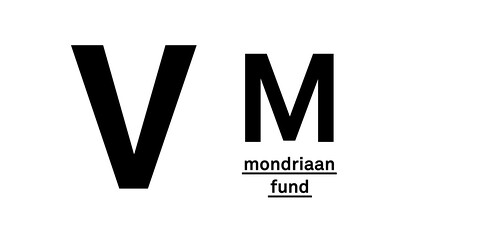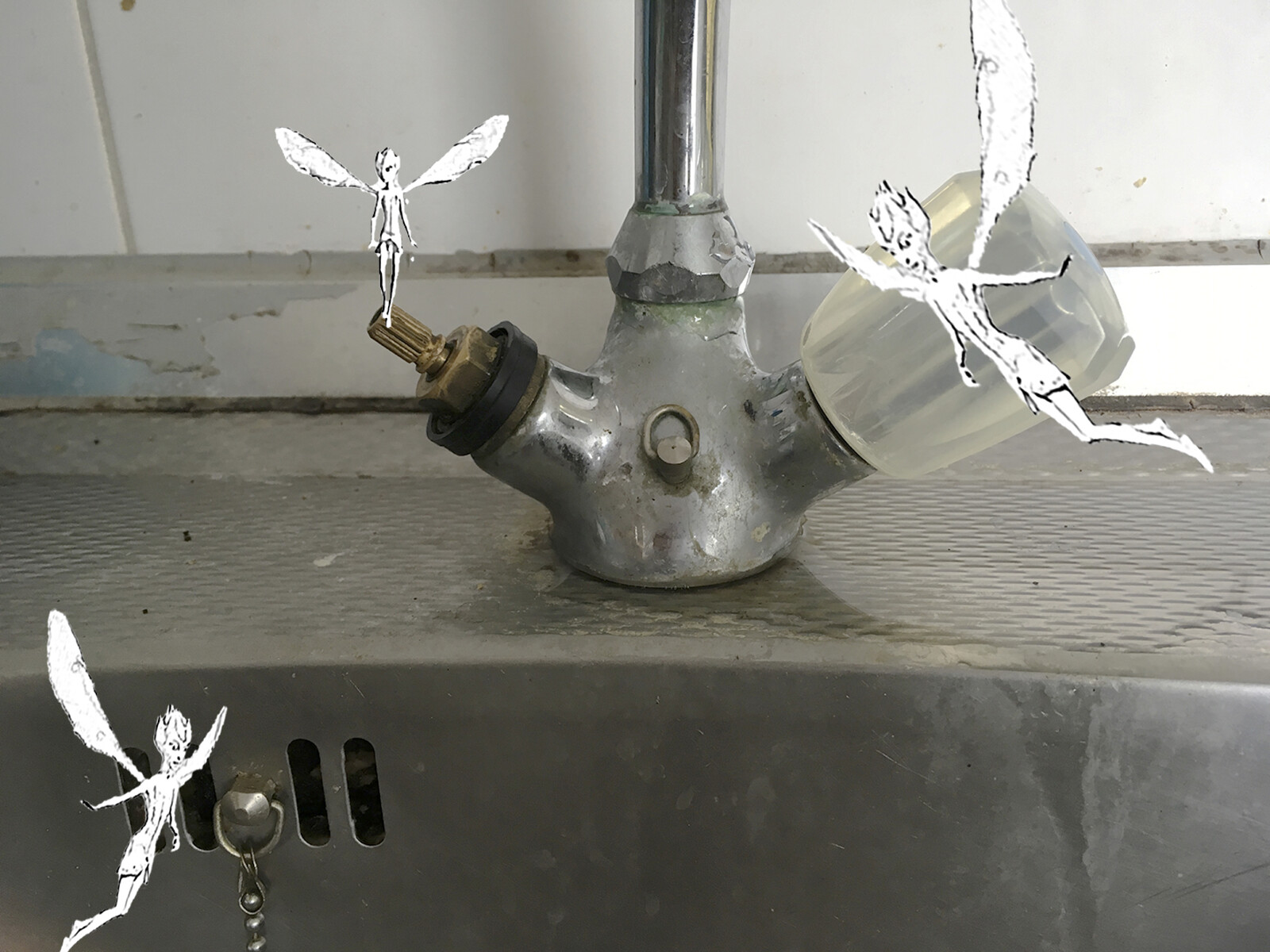July 14–September 15, 2019
Markt 1
4331 LJ Middelburg
The Netherlands
Hours: Wednesday–Friday 1–5pm,
Saturday–Sunday 11am–5pm
T +31 118 652 200
office@vleeshal.nl
Lauri Ainala, Susan Cianciolo, Keren Cytter, Catharine Czudej, Jacob Dwyer, Manuela Gernedel & Fiona Mackay, Hanna-Maria Hammari, Niklas Taleb, Madelon Vriesendorp
Curated by Root Canal
Vleeshal is proud to present Every Loft Needs a Sink, curated by artist initiative Root Canal. Root Canal is comprised of the artists Anders Dickson, Frieder Haller, Henna Hyvärinen and Thomas Swinkels, who met in 2017 when they all moved to Amsterdam for a two-years residency at De Ateliers. They started their exhibition practice in an attic in the east of Amsterdam. Upon leaving their attic space, the initiative has embraced a nomadic identity. In the past year they have curated exhibitions in various locations.
For the exhibition at Vleeshal, Root Canal explores the weird terrain between varying systems of how information, objects and memories are categorized. This is elicited in the act of rebuilding the original Root Canal exhibition space: a group of life-sized attic spaces will hover in the late Gothic architecture of Vleeshal. The indexing of objects and data is demonstrated in the way that individual artists and positions inhabit the attic space; thus illustrating these differing methods and characteristics.
Over time the attic—or loft—has slipped into an interesting discourse for economic consideration. Originally used as storage, the attic was affordable and often rented by artists as studios and homes. Accompanying the gentrification and rising number of people moving to the city, the attic gradually transitioned from undesirable to luxurious. Today the idea of the studio loft is synonymous with what we envision as a fancy living situation in a busy city.
In homage to their first site, Root Canal looks to utilize the attic space through the reconstructed versions of it as a psychic substitute for the mind. In the spaces at Vleeshal the artists will be partitioned into both solo and group presentations. Looking to Gaston Bachelard’s writing on the appearance of the attic in dreams, it is recognized as the seat of enlightenment and perhaps also as a collective consciousness. By further consideration of its use again in the waken life as a recess or cavity in the house-body, it functions more as a niche for secrets, and a place to protect treasured items. Further still, could it not also be the location where manifestations of psychologically repressed experiences appear?


